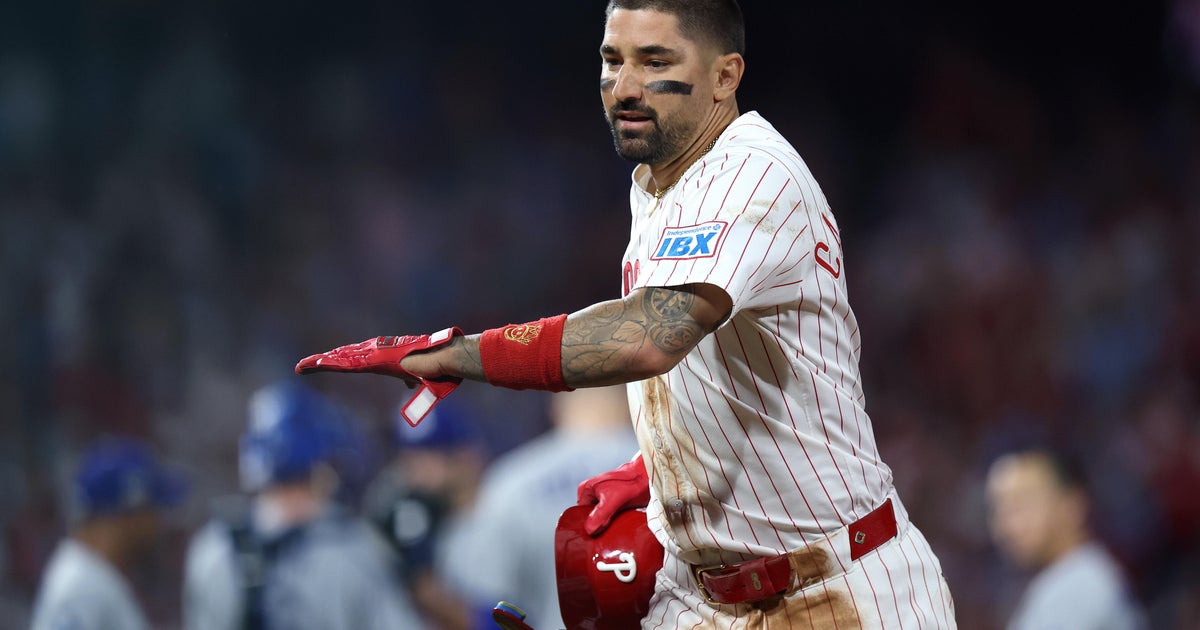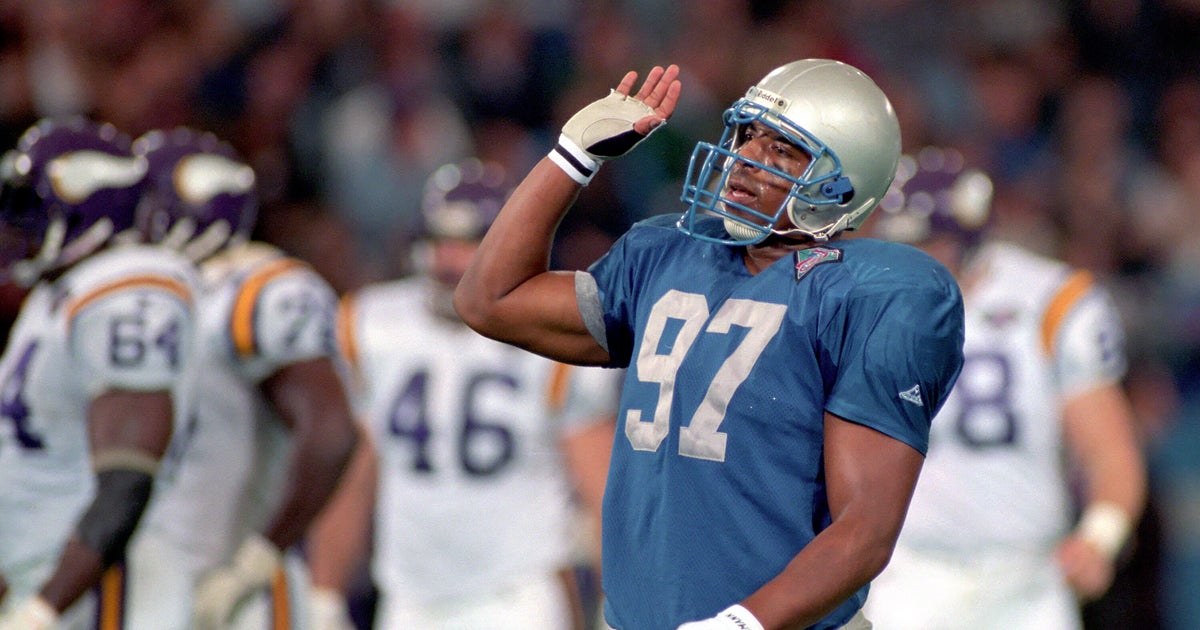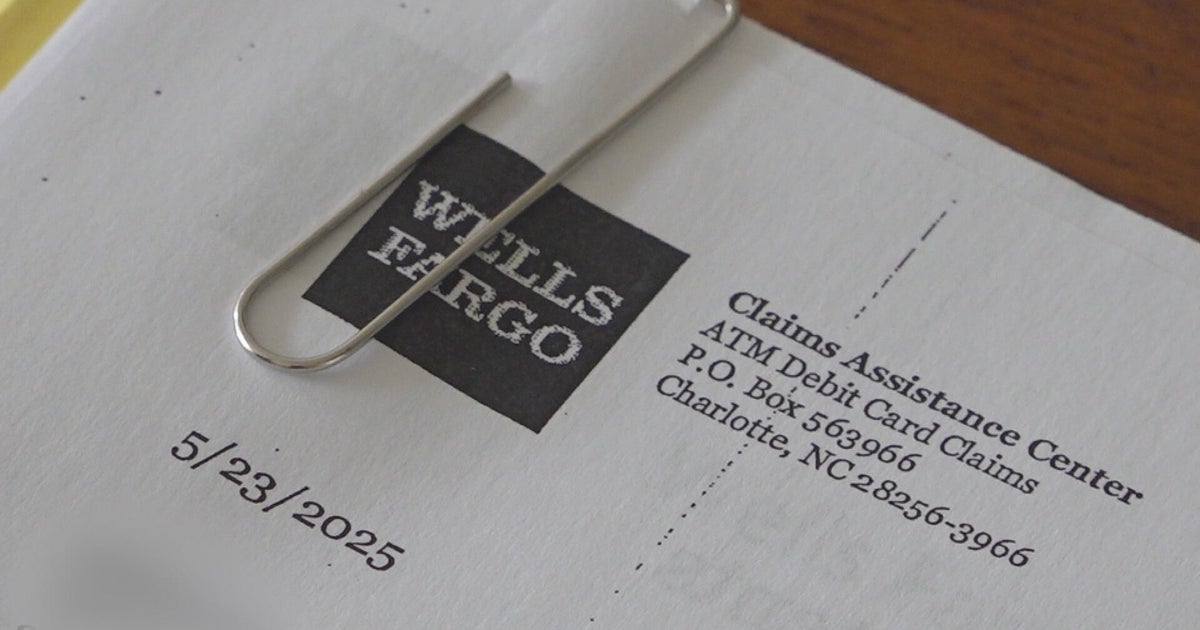13 Rules That Changed Their Sport Forever
BOSTON (CBS) - Besides the Cleveland Browns quarterback situation which, up until this year, nobody really thought twice about, the big discussion surrounding the National Football League right now is all the penalties in the preseason -- specifically the increase in defensive holding and illegal contact calls.
There have been 55 illegal contact penalties compared to eight last year through two weeks of preseason, and 107 defensive holdings compared to 20.
Quite the uptick, to say the least.
But the re-emphasis on calling these penalties is just that -- a re-emphasis. They are re-emphasizing the rules that are already in place.
Some rules, while maybe controversial at the time, forever changed their sport. Some would argue not for the better, but we'll take a look at them regardless.
13 Rules That Changed Their Sport Forever
The Forward Pass
Football almost went extinct in the early 1900s. People were dying left and right from all the head injuries, and after a while Teddy Roosevelt was like, "Guys. We need to fix this."
So the forward pass was implemented.
It opened the sport up to new offenses as the passing game became a viable threat.
Lives were saved, and football went on to become the biggest sport in America, proving that government does actually work once in a great while.
Verdict: Success. The game was improved, for the better, and now pulls in revenue topping $10 billion annually.
Defenseless Player
As the passing game gained even more prominence in the mid-to-late 2000s with all the rules installed to favor offense, more and more wide receivers were viciously getting taken out -- with James Harrison responsible for most of them. (Just kidding, but at the same time not kidding. Please don't hurt me, Mr. Harrison.)
Verdict: It was tough getting used to at first, but concussions are no joke. Headshots don't need to be in the game.
Don't Touch The Quarterback!!!
This rule actually applies to all passers, but the long and short of it was quarterbacks were getting injured at an alarming rate over the past few years, so NFL owners wanted to do their part in protecting their high-priced investments.
Critics argue the game has gone soft (and they're right), but at least we get to see Tom Brady and Peyton Manning play every week, without missing a beat into their late thirties.
Verdict: C'mon man! This is football. Everybody on the field should be fair game. "Put some flags on 'em!"
The Shot Clock
It's hard to imagine basketball without it, but once upon a time the shot clock did not exist.
Fans would get bored, because back in the day when one team would get the lead they would just play keep-away the rest of the game. The shot clock sped up the game, made it more back-and-forth and intense and also allowed for more buzzer-beaters, which are pretty neat.
Verdict: Great success!
The Three-Point Line
Could you imagine All-Star Weekend without the three point competition? It's the best part of the whole weekend now that the dunk contest has gotten old. Plus, it gave way for specialized players to enter the game and perfect their craft.
Verdict: Success!
Designated Hitter
Chicks dig the long ball. You know what chicks don't dig? Watching pitchers flail hopelessly at 95mph fastballs and striking out faster than you can sing "Take Me Out To The Ballgame."
Verdict: Success! Seriously, National League, what the heck are you doing over there? Get with the program, people.
MLB Instant Replay
Ah, baseball. The slowest professional sport people actually care about. You know what it really needs? Something to make it even slower!
Instant replay in Major League Baseball was instituted in 2008 to mixed reviews.
Home run calls? Fine.
Fair or foul? OK.
An umpire ruining someone's perfect game? Of course -- use it!
But anything more than that is just overkill.
Verdict: In limited doses it's okay. But don't go too crazy.
Incentivizing The MLB All-Star Game
MLB is full of good ideas.
Let's make the All-Star Game -- a game in which the most amount of effort expended by its participants is trying not to get hurt -- count towards homefield advantage in the World Series. Head scratcher, I know.
Verdict: No no no no no no!
Expanding The NCAA Basketball Tournament
The NCAA Basketball Tournament is one of the single greatest things in sports, because relatively unknown squads can compete against the best of the best and shock the world en route to the Final Four.
In 1978 the tourney had 32 teams, and has slowly crept up ever since. 64 might have been the ideal number, but the present day 68 I won't argue with.
Expanding the NCAA Tournament gave new meaning to the word "Cinderella," and for that we are forever grateful.
Verdict: Yes every day of the week and twice on Sunday.
Formation Of The BCS
The BCS was a computerized, stat-driven method of selecting and ranking college football's best teams. It seemed arbitrary and left many fan bases angry each and every Bowl selection day.
The new playoff system, while not perfect, is much better. Much, much better.
Verdict: Thank God it's over.
NHL Shootout
The NHL shootout was instituted sometime after the 2004-05 lockout in an effort to determine a winner and increase scoring. Critics argue that it's not real hockey, while supporters counter the game must end at some point.
Verdict: What next? End a tie football game with a field goal kicking contest? There's gotta be a better solution.
MLB Wild Card
The wild card was instituted in 1994 when MLB expanded from two to three divisions per league. It enraged the baseball purists, but remains one of the only good things Bud Selig has done.
A wild card team has gone on to win the World Series a total of five times out of 10 appearances, and proves there's a need for more talented teams in the postseason.
Verdict: Overwhelming success. However, this second wild card that was added in 2012 is to be determined.
NBA Prohibits Jump From High School To Pros
For every Dwight Howard, LeBron James, Amar'e Stoudemire, Kevin Garnett and Kobe Bryant, there are 100 times as many Kwame Browns.
Some high school ballers are fully capable of foregoing college and making an impact in the pros, but most are not. NBA rules now stipulate you must be at least one year out of high school before entering, therefore creating the college "one-and-dones" and John Calipari masquerading as someone who cares about education.
Verdict: To be determined. It's benefited the college game with the influx of talent, that's for sure. But should you really be preventing people from gaining employment? After all, college isn't for everyone.
Anything I missed? Sound off in the comments section below, or on Twitter @ACE_Worldwide.
MORE SPORTS FROM CBS BOSTON







